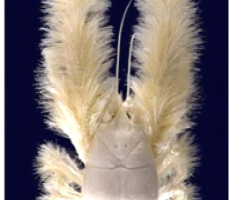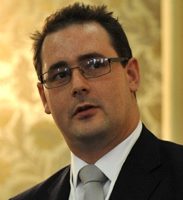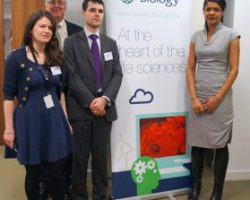“Sorry James, this is not my cup of tea”
Guest post by Dr James Revill, Research Fellow with the Harvard Sussex Program, SPRU, University of Sussex. The issues raised in James’ post will be discussed at our ‘Bioscience to Bioweapons’ Policy Lates event next Thursday, and on Twitter with the hashtag #PolicyLates. The strategic use of disease in warfare has been subject to a long standing and cross-cultural taboo that condemns the hostile exploitation of biology as the act of a pariah. In short, biological weapons are simply not cricket. However, such disapproval is not fixed but context dependent and remains malleable to engineered erosion by governments and other groups . This is a particular concern in light of the twin challenge posed by the changing capacity and geography of bioscience and the evolving perceptions of security, including the perceived rise of terrorism and new wars in the 21st Century, on the other. Such circumstances have been converging to once again…



